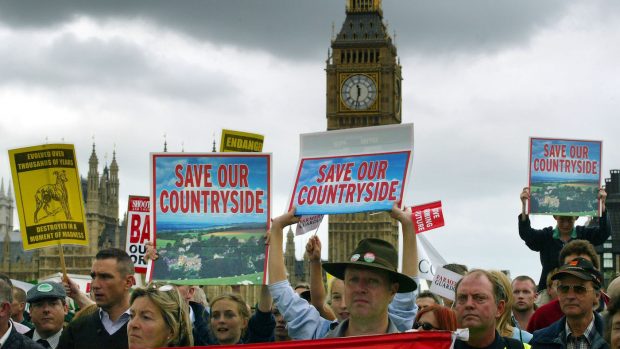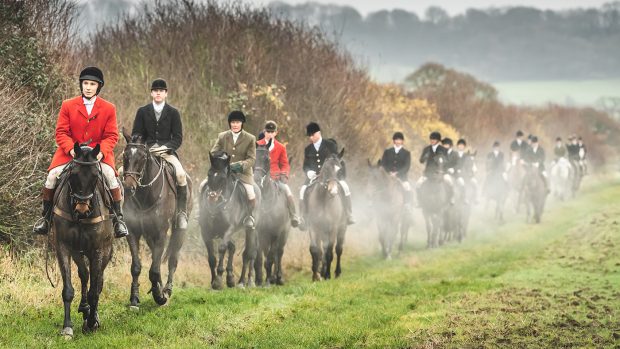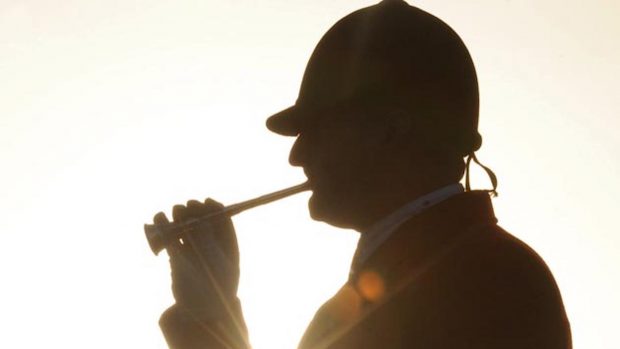Top judges will spend the Christmas period grappling with questions that will affect all prosecutions under the Hunting Act 2004, following a hearing in London on 16 December.
Lord Justice May and Mr Justice Maddison must decide whether hunts have a right to say they are “innocent until proven guilty” when claiming the defence of hunting under an exemption, and what is meant by “hunting”.
The questions have arisen because of anomalies thrown up during the prosecutions of Exmoor huntsman Tony Wright and three hunt staff of the Devon and Somerset Staghounds (D&S) (news, 3 January).
Judge Graham Cottle cleared Mr Wright, the first person to be prosecuted under the Hunting Act, on appeal at Exeter Crown Court on 30 November 2007, ruling that the prosecution had to prove beyond all reasonable doubt that the huntsman was not hunting under an exemption — in this case, culling a fox that was predating livestock (news, 6 December 2007).
But the following week, Judge David Parsons at Taunton Magistrates Court took the opposite view, saying the D&S had to prove their actions were within the law.
Their trial was halted and the Director of Public Prosecutions asked the High Court to sort out the confusion.
The judges must also decide upon a definition of hunting and whether searching for an animal is “hunting” under the Act.
Kerry Barker, representing the Crown Prosecution Service (CPS), told the court: “If the aim of the Act is to prevent hunting with dogs, a man who takes out his dogs with the intention of hunting a wild mammal knows his actions are unlawful unless he is acting under one or more of the exemptions.”
He said the Act should come into force the moment a person sets out with the intention of hunting, rather than once a pursuit is under way.
The crown also claims prosecutions fail to get to court because it is too difficult for prosecutors to guess which exemption will be claimed by the accused and therefore the burden of proof should be on the accused to prove their innocence.
“This Act prohibits the hunting of a wild mammal with dogs unless in exempt circumstances, therefore the burden of proof is on the defence to prove their exemption,” he said.
But Philip Mott QC, representing the hunts, said: “If the CPS wishes to extend the meaning of hunting to include preparatory acts, where does that leave the exemptions? It would need a total re-modelling of the Act.
“If we take the hunting of rabbits, it would mean that the hunting of rabbits was exempt, but it was unlawful to search for a rabbit.”
The judges will lay down their decision early next year.
Their ruling will have a bearing on the cases of the Isle of Wight Foxhounds (news, 28 June 2007), the Heythrop (news, 28 May) and allegations of hare coursing and hunting levelled at racehorse trainer Sir Mark Prescott and Clarissa Dickson Wright (news, 4 October 2007).
But the verdict in Tony Wright’s case will not change, whatever the judges’ decision, as Judge Cottle deemed he “reasonably believed that the hunting was exempt”.
➤ Just 41 MPs have signed an early day motion brought by MP John McDonnell —one of the architects of the Hunting Act — on 4 December calling for a “reckless behaviour” clause to be added to the 2004 Act.



